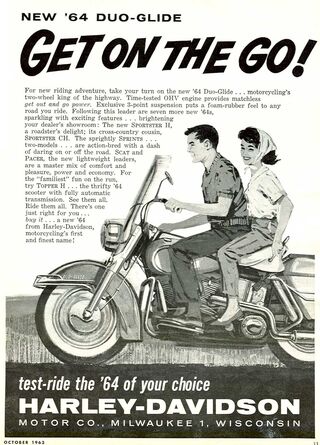Fear
Emergence or Emergency?
What are the differences between fear and excitement?
Posted July 7, 2021 Reviewed by Gary Drevitch

During the pandemic I encountered the term “emergence” as a descriptor of what we would do “after COVID” in an excellently dramatic sermon by Quinn Caldwell, delivered via video from the stairs of his cellar. Like Noah emerging from the ark after the Flood, he noted, we would at some point be emerging from COVID, and it was important to know that we would have some of the reactions that Noah had, including some reluctance to leave the safety and stasis of the boat and venture out into the new world.
I definitely have had some reluctance to emerge: fear that I might get ill or spread the virus although vaccinated; fear that I might lose the better habits that the pandemic’s restrictions had helped me develop, including exercise, better eating, better control of money, and more meaningful and deliberate social interaction. And fear that I might not want to see people in person, or resume the pleasure and growth of family gatherings, travel, museums, political marches, concerts, plays, and classes. I remember Rev. Caldwell’s observation that although we think we will settle right into the old ways, in the Biblical story God had to nudge Noah to stand up and get off the boat.
I’m now at a point when my fears have generally receded, although I’m still careful: I wear a mask into large stores and gatherings, for example, and try to remember not to hug people without asking permission (a good habit before and after COVID). I use the sanitizer I keep in my car. I haven’t yet, as a friend described another person doing, turned my numerous masks into peace flags, although I love that idea. Instead, I keep them washed and stacked by the door, in my pocket, and in my car.
And I’m intrigued to see what “emergence” feels like as I ease incrementally into what may become my new normal. I’m surprised to feel how much energy the process is producing. I guess I’m still anxious, but it’s different because I’m getting to do things I didn’t know I had missed: Sing in a group of people. Wear glasses and actually see without the distortion of breath on the lenses. Start a piece of artwork that will capture one of my most meaningful experiences of COVID. Plan a reunion with siblings and cousins. Ride a motorcycle with a friend. Kiss people. Sit in a hospital emergency room without undue fear.
And yet at the same time, I was particularly aware when I was sitting in the ER last week with a client that I was utterly wound up. Not about the client, who was calm and needed a physical wound treated. Not about spreading or catching COVID. Not even about the range of other people in the ER, from the young man brought in by his parents, high and uninhibited, nor the woman my age who had all the symptoms of a heart attack, nor the man who had severed his finger at the camp where he worked. I felt for each of them, but the rush of energy that made both legs jiggle relentlessly, kept me longing to both scream and weep, and caused me to reach out to a friend who’s a chaplain at the hospital and leap into his arms when he came by to comfort me were largely physical responses, seemingly from adrenaline.
The adrenaline—if that’s what it is—has been rampant for a few weeks now. It keeps me awake. It motivates me to exercise. It makes food unappetizing. It upsets my gut. It makes me cry. It twists my moods. Long past menopause, I have been feeling like I have PMS on a regular basis; emotional regulation is not my strength right now. Life feels difficult. And it’s not difficult. In fact, it’s really good: My life is in balance with the right number of clients, time to meditate, read, sing, exercise, talk with friends, do craft projects, garden, and even do nothing at all. I'm feeling productive again, and thankful for human resilience.
So why do I feel like I’m living in a state of emergency? That word, emergency, comes from the same roots as emergence, which is what I—and most of us—are doing right now. To come up from having been sunk down, or out of a dip. Can this emergence feel like, but not be, an emergency?

I think so. What I am feeling, I suspect, is not fear, nor even emotional stress. It’s excitement. And maybe it’s not adrenaline or cortisol or any hormone. Maybe instead it is what Noah felt when he finally got off the ark. Maybe it is what I felt as I passed the one-year grief mark after my husband died. Not happiness; I'm not free, definitely not relaxed. But being able to look ahead as well as behind, keep myself in the present, and embrace the fullness of daily life without the terror of being overcome by anything that crosses my path. Mindful. Able to cope. Survive. Live. Emergence is not all great: it’s hard, complicated, emotional. There are moments that feel like, and maybe are, small emergencies.
But hey, I’m making a new life, aware of the preciousness of risking joy (on a motorcycle with an excellent driver, wearing a helmet as we move at a reasonable speed on an empty country road) and accepting the uncontrollable aspects of life (my elderly client’s wound resulting in hospitalization and surgery). I’ll eventually get back to a normal sleep pattern, and all the other stuff will settle down. Right now, though, I’m choosing to give myself some emotional validation and relish the excitement.


